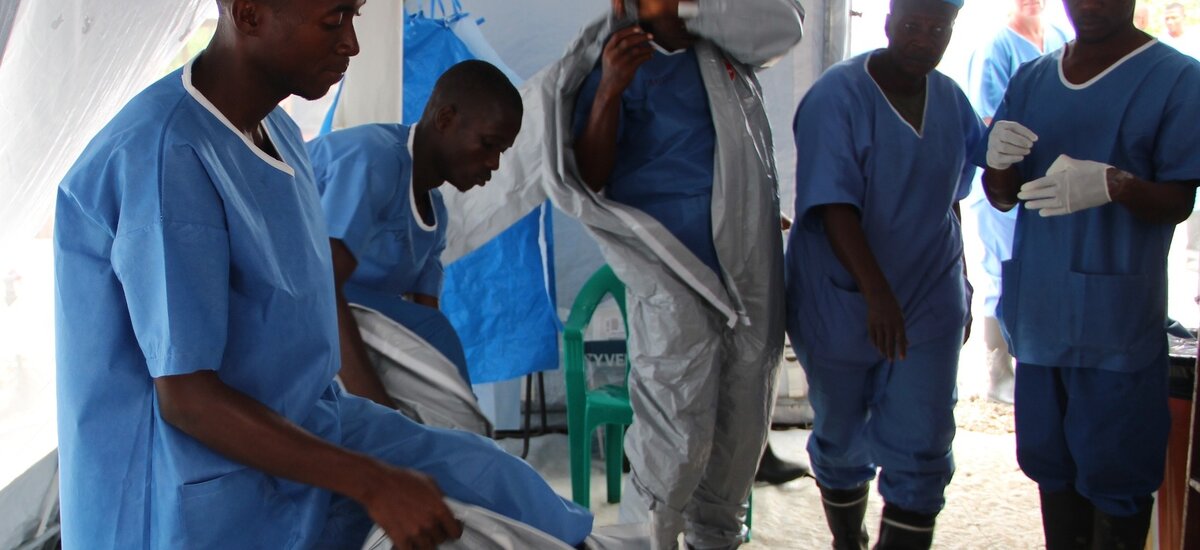- Exchange and Networking
- Knowledge and Learning
- Advocacy
- Our topics

Global Health Check "The ongoing Ebola story has highlighted the importance of the World Health Organization (WHO) in coordinating international action to combat emerging infectious disease threats. But it has also revealed the deficiencies in its performance which have now allowed a disease outbreak in West Africa to turn into a major international emergency."
A recently by the Chatham House published report on WHO reform" focused mainly on the WHO’s structural problems that the ongoing internal reform process in WHO was not dealing with. The Ebola story illustrates many of these. The report asked: whether WHO really needed six semi-autonomous regional offices? Was this not a recipe for conflict and slow and poor decision-making? And did it need 150 country offices? How did politicization and the politics of patronage adversely affect WHO’s performance, credibility and effectiveness at all three levels of the organization? Was its complex governance structure not the main reason that it spends one third of its budget on administration and management at the expense of its technical programmes? Were there not more efficient ways to do what WHO needed to do? Why was WHO often reluctant to lead rather than to follow its member states? Why did the member states countenance this state of affairs?" (Photo: © Anna Jefferys/IRIN)